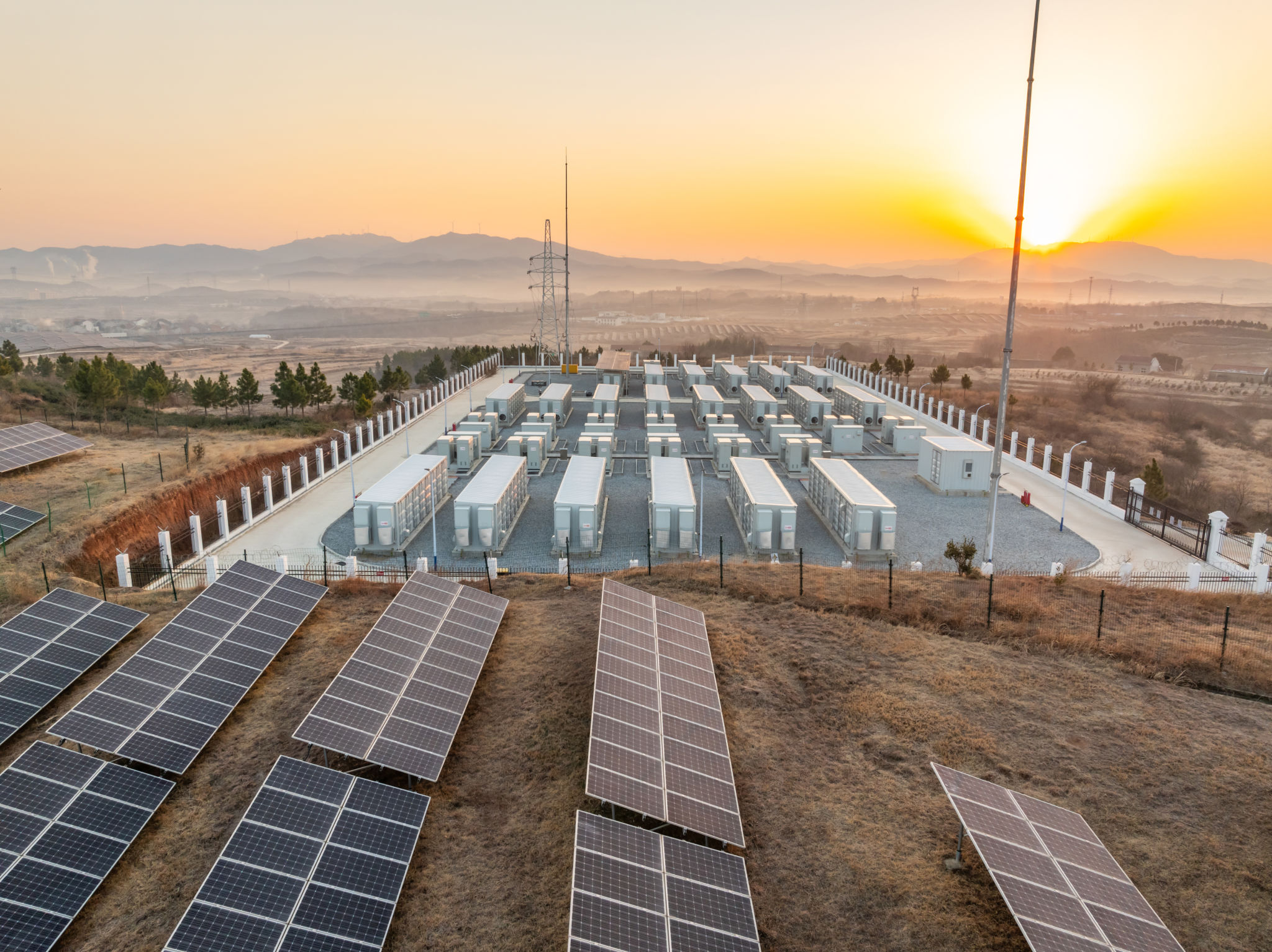Expert Insights: The Future of Solar Technology and Its Impact on Homeowners
The Rise of Solar Technology
Solar technology has seen significant advancements in recent years, making it more accessible and efficient for homeowners. As we look to the future, these innovations promise even greater benefits, transforming how energy is consumed and generated at home. The shift towards renewable energy sources is not only a response to environmental concerns but also a move towards more sustainable and cost-effective living.

Innovations in Solar Panels
One of the most exciting developments in solar technology is the improvement in solar panel efficiency. New materials and designs are allowing panels to capture more sunlight and convert it into energy more effectively. For homeowners, this means that fewer panels are needed to meet energy needs, reducing both the space required and the overall cost of installation.
Additionally, the advent of bifacial solar panels, which can absorb sunlight on both sides, further enhances energy capture. This innovation is expected to become more prevalent, offering increased energy output even in limited space environments.
Energy Storage Solutions
The future of solar technology isn't just about generating energy; it's also about storing it efficiently. Advances in battery storage technologies, such as lithium-ion and solid-state batteries, are making it possible for homeowners to store excess solar energy for use during cloudy days or nighttime. This capability provides more independence from the grid and enhances energy security.

Moreover, home energy management systems are becoming more sophisticated, allowing homeowners to optimize their energy usage, monitor their consumption in real-time, and make informed decisions about their energy habits.
The Financial Impact on Homeowners
The decreasing cost of solar technology is one of its most significant impacts on homeowners. With government incentives, tax credits, and financing options becoming more widely available, the initial investment in solar technology is becoming more affordable. Over time, the savings on electricity bills can offset the installation costs, leading to substantial financial benefits.
Furthermore, homes equipped with solar panels often see an increase in property value. As energy efficiency becomes a key consideration for homebuyers, solar-equipped homes are likely to be in higher demand in the real estate market.

Environmental Benefits
Beyond the financial advantages, solar technology offers considerable environmental benefits. By reducing reliance on fossil fuels, solar energy helps decrease carbon emissions and mitigate climate change. For environmentally conscious homeowners, adopting solar technology aligns with sustainable living goals and contributes to a healthier planet.
Additionally, as solar technology becomes more widespread, it can play a crucial role in reducing the overall carbon footprint of residential areas, creating greener communities.
The Role of Smart Technology
The integration of smart technology with solar systems is poised to revolutionize energy management at home. Smart grids and IoT devices allow for seamless communication between solar panels, storage systems, and household appliances. This connectivity enables real-time monitoring and optimization of energy use, ensuring maximum efficiency.

Homeowners can benefit from automated systems that adjust energy consumption based on weather patterns, peak usage times, and personal preferences, offering both convenience and cost savings.
Conclusion: Embracing the Future of Solar
The future of solar technology holds immense potential for transforming how homeowners generate and use energy. With ongoing innovations in efficiency, storage solutions, and smart integration, solar technology is set to become an integral part of sustainable living. As more homeowners embrace these advancements, the collective impact on both individual finances and the environment will be profound.
By staying informed about these trends and considering the adoption of solar technology, homeowners can not only reduce their carbon footprint but also enhance their quality of life through sustainable energy solutions.
